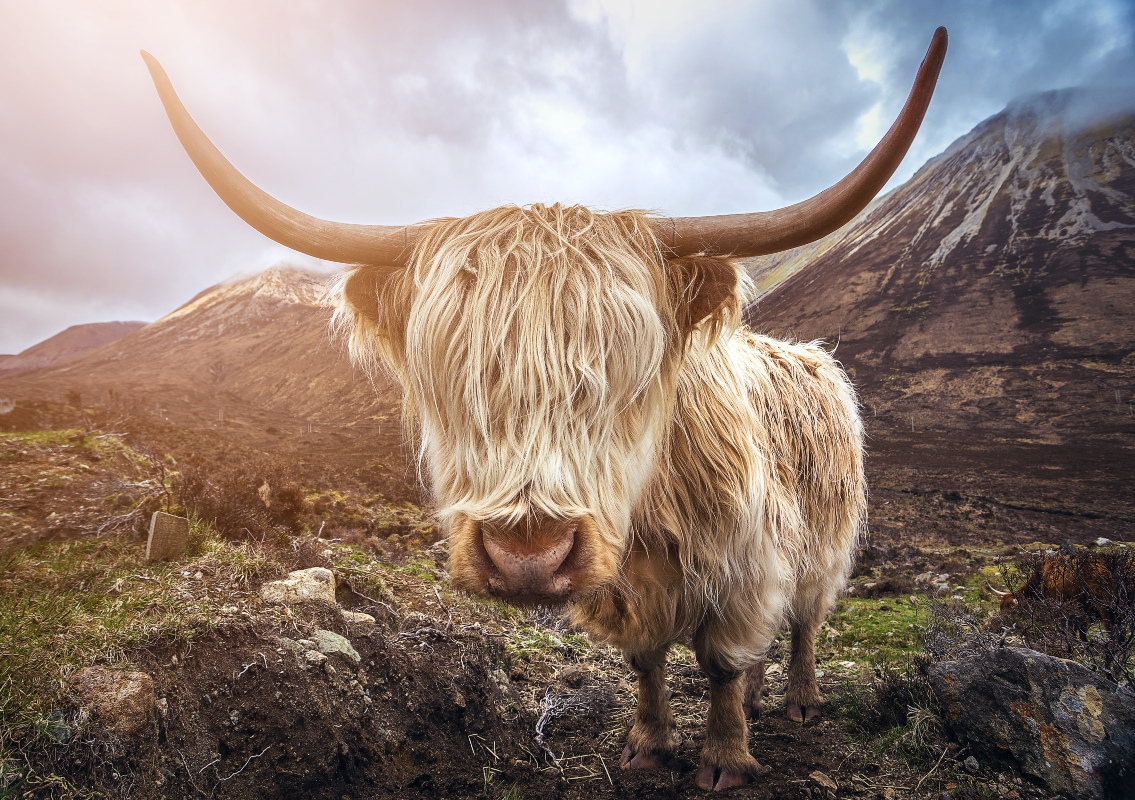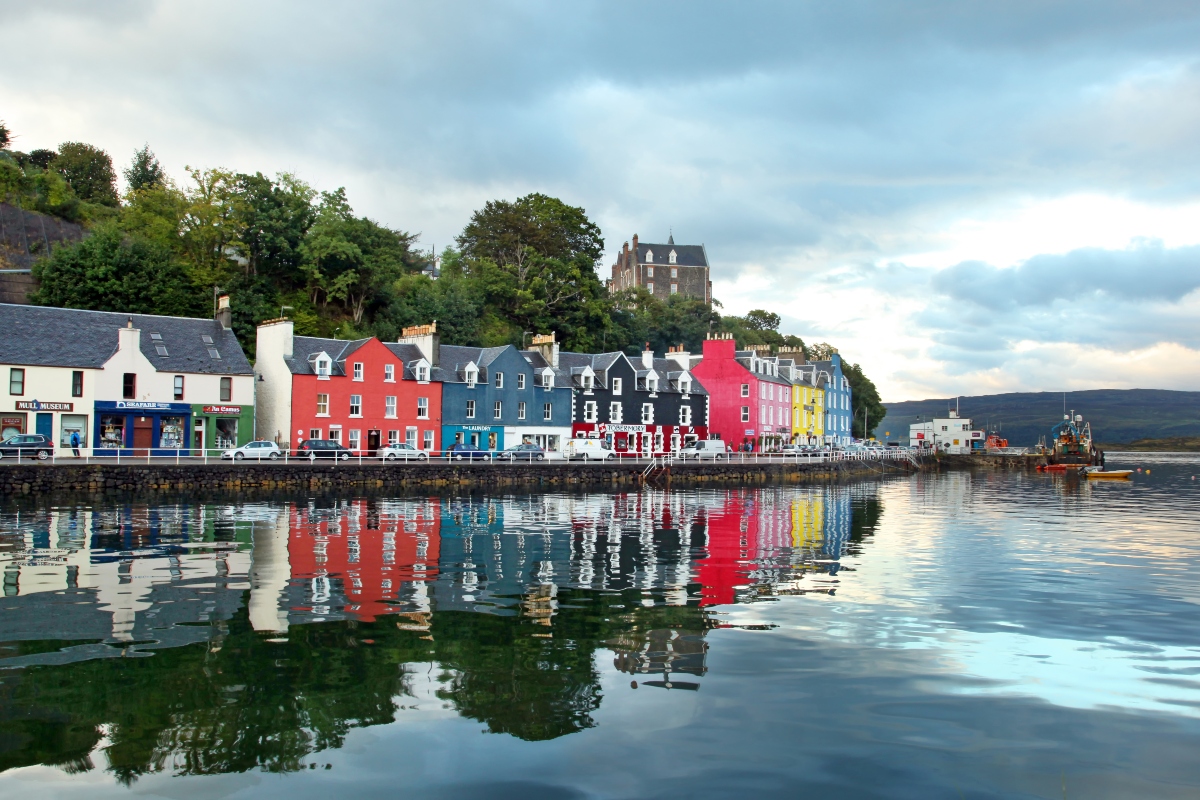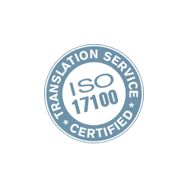What is the Scots Language?
The Scots language is as pinnacle to Scottish culture as Irn Bru, Ceilidh’s and tattie scones!
Used in everyday chatter, songs, poetry, literature and television, the Scots language may be hard to understand but it is certainly a key part of Scottish identity.
At Global Language Services we want to dive further into the Scots language, to help us all understand it a little better.
Forget about esteemed poets, kilts and bagpipes, let’s go right back to the Scottish roots. Where did it come from? What was it inspired by? Who speaks it now?

What is Scots language?
A common misconception about Scots is that it is simply slang, or a difference in accent or pronunciation depending on where you are. However, Scots is unequivocally a language in its own right!
The Scots language is one of the three main languages spoken in Scotland, the other two being English and Scottish Gaelic of course. It is the collective name for a variety of Scottish dialects, including Glesca (Glaswegian), Buchan (Edinburgh), Dundonian (Dundee) and Shetland.
It began to replace Scottish Gaelic from the 11th Century onwards and by the 14th Century the majority of Scottish natives spoke a blend of both Scots and English – something which is still true today.
Where did Scots originate?
As above, Scots is a direct derivative of traditional Northern English. Evolving throughout the middle ages and taking huge inspiration from English and Germanic tribes like the Anglo Saxons, by the 16th Century Scots had become its own language.
It is often thought that the native language of Scotland is Scottish Gaelic, which was largely true in the 14th Century and in the Highlands. However, as Anglo-Norman rule grew during this time, the Scottish lowlands began to develop their own tongue in rebellion.
Evolving throughout the middle-ages, eventually Scots replaced Latin in literature and record keeping, with some of the most notable Scots works being from Robert Burns.
It has been said that if Scots had continued on in its evolution, it would have likely become its own, very distinct language!

Is Scots widely spoken?
Whether you’re a native (or not), Scots can be relatively easy to understand and pick up. As it is a direct descendant of traditional English, a lot of the words and phrases will look very familiar!
In fact, a 2021 census revealed that nearly 2 million Scottish people spoke, understood and wrote Scots, with many also claiming it as a second language.
Typically, in Scotland, pupils in schools are only taught Scots once or twice a year as a novelty. Usually around the time of Burns night or St Andrew’s day they will be encouraged to learn classic Scots literature pieces or poetry.
However, recent discussions have questioned whether Scots language should be a permanent fixture within the Curriculum of Excellence, where it would be taught throughout the academic year in Scotland.
Where is Scots most commonly spoken?
Scots is commonly spoken across the entire country of Scotland, with each region of the country having its own variation of the dialect.
There are four main variations of Scots, each unique to their own region:
Insular is spoken throughout the North Western Isles, Orkney and Shetland.
Northern Scots, which is used in Aberdeen and right down the majority of the east coast.
Central, which is spoken and understood in Glasgow right across to Argyll and Bute.
Southern Scots can be heard right across the south borders of Scotland.
The use of each of the above varieties varies across the country, with the biggest differences being pronunciation and use of certain phrases.
However, there is no one location that uses Scots more predominantly than another, it is used proudly across the whole of Caledonia!
Examples of Scots
We thought it useful to provide you with some of the most commonly used Scots phrases, that you are likely to hear in every conversation you have with a Scottish person.
10 Need to Know Scots Sayings:
Aye – Yes
Naw – No
Dinnae – Don’t
Cannae – Can’t
Wulnae – Won’t
Huv ye? – Have you?
Do ye ken? – Do you know?
The day – Today
The morra – Tomorrow
The nicht – Tonight
10 Random Scots Words:
Baltic – Cold
Blether – Chat/Chatterbox
Boggin – Dirty
Braw/Bonnie – Beautiful
Clipe – Snitch
Eejit – Idiot
Ginger – Fizzy juice/Pop
Hoose – House
Oot – Out
Peely wally – Pale/Ill
Piece – Sandwich
Scabby – Dirty
Skelp – Slap
Tottie – Potato
Weesht! – Quiet!

There you have it! Scots language explored to its roots, from where it came from and who uses it today, we definitely feel that we can use the wee Scots language much better noo!
Read our five tricks for pronunciation to help you with rolling the r’s like the Scots do!
Our best advice for learning Scots would be to visit Scotland and immerse yourself in its beautiful language and culture!





